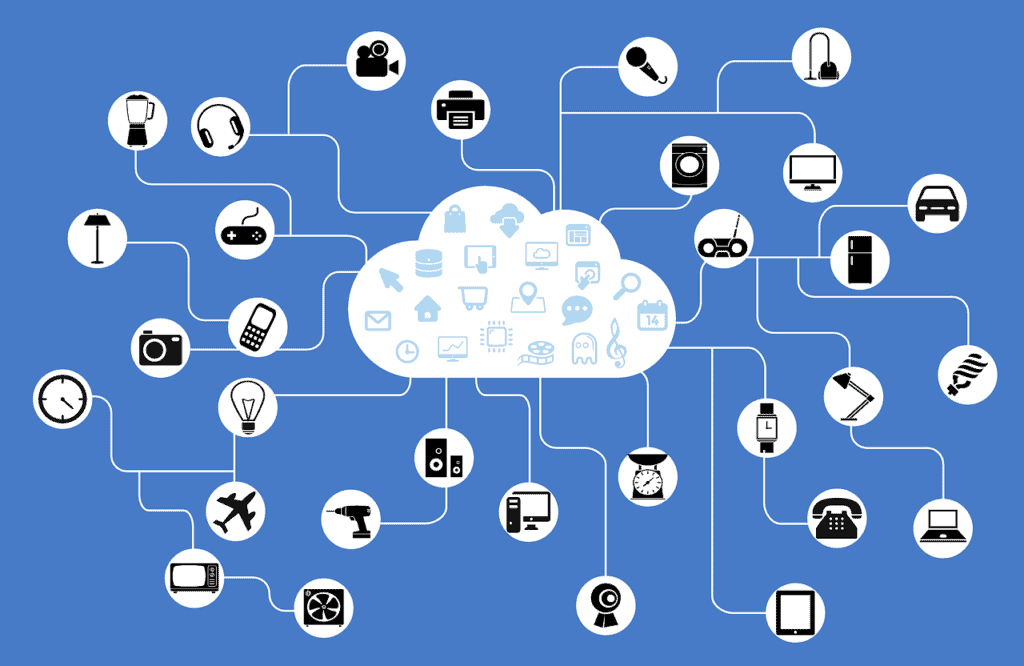How do you feel when I mention business tech? Are you clued up or do you cloud over?
It’s easy to look at the business world as being pretty black and white these days. There are innovators and then there are people who stick by what’s tried and tested. The little family bakery in your town centre can sit side by side with the town’s third vape shop. They may have nothing in common beyond the pleasant smells drifting out the doorway, but there’s room for both, and that’s fine.
In some towns, that may be exactly how things work. Having said that, if you’re trying to get established or grow your business, it’s not as black and white as that. Knowing how to harness what’s available to you in the world of business really is essential. Even if you’re a relatively old dog it might not be possible to survive or thrive in the business world without learning a few new tricks.
“So, You Mean The Internet Is Important, Right?”
Of course, the internet is important, and no doubt you already knew that. No-one, hopefully, is going to insult your intelligence by trying to explain (or mansplain) email and Twitter to you. There are dozens of guides out there on how to get the best out of your social media strategy and they mostly say the same thing anyway.
Whether your business is mostly online or still a bricks and mortar concern, there is more to embracing business tech than knowing a hashtag from a hash brown. Once upon a time, being “connected” in the business world meant knowing a few guys who would scare reluctant customers into paying. Now? It’s far more nuanced than that, but for some people, it’s just as terrifying. For example, have you heard of the “Internet Of Things”?

“Maybe. A Bit. Why, Is It Important?”
Increasingly, yes, and it’s as important for more analogue businesses as it is for the ones that live in cyberspace. In short, we’re talking about using technology – particularly online technology – to monitor, co-ordinate and improve every area of your business. You might be surprised by how deep it all goes.
“For Example?”
If you were trying to think of the “least online” kind of business, then you might easily wind up thinking of farming. “More chain-links than hyperlinks”, you might chuckle to yourself. In many cases, you’d be right. However, the Internet of Things is used to great effect on farms around the world these days. From sensors to monitor crops and livestock, to the sat-nav tracking of their deliveries, it makes farms more efficient and more profitable.
How about construction? It’s always been technical, but it’s becoming more and more technological. You can track your building materials using the aforementioned sensors, so you know what is where. Before you even break ground, though, it’s possible to send up a drone to take aerial pictures of a potential site, and flag up any potential hazards. This can save time, money and so many wasted opportunities to buy up better land.
It pays in business to think about the future – however, calling it “the future” may not be the wisest step, because that future is here now. And it’s not just in the vape shops and digital graphic design consultancies. Farmers, architects, lumberjacks and all of the people who might be seen as “hands in the soil” workers are now as likely to be tapping on a trackpad as any Web 2.0 maven.
“Good For Them, But It’s Not Really My Thing…”

The thing is, these are hardened professionals in their sector. Twenty years ago, did they think they’d be consulting satellite navigation to round up an errant pig, or sending up a model plane to keep an eye out for buried hazards? Chances are that they didn’t – but these innovations have made their jobs easier. That means that going forward, they’ll be able to navigate the trickier terrain with relative ease. If they’re your competitors, then you hand them an advantage by staying deaf to the reality.
Maybe the business world is as black and white as we noted way back in the first paragraph (they were simpler times, weren’t they?), but not in the way some of us may assume. In reality, it’s not about the bakery vs. the vape shop. “Old-fashioned” businesses are embracing technology and connectivity in a major way these days. Maybe the new polar opposites are the businesses that engage with the future and those who plough their own furrow.
Now, do you want to be on the wrong side of that divide?


